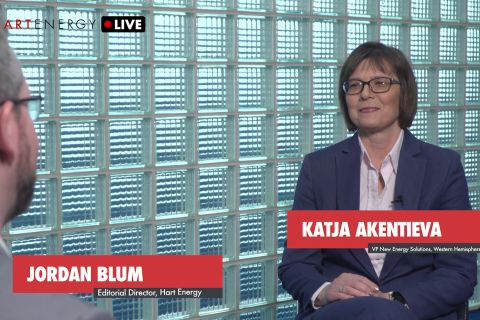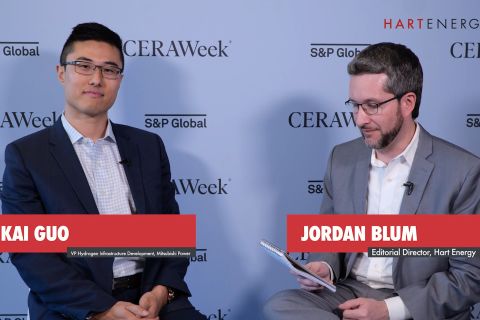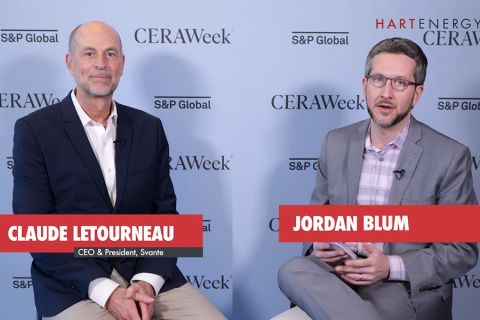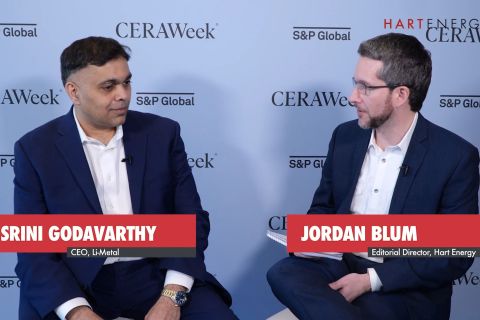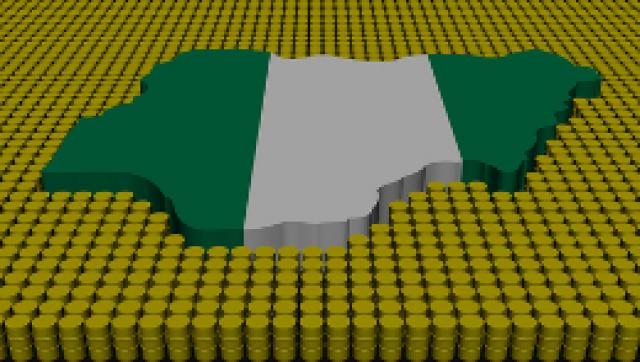
It is still not certain when Nigeria’s controversial Petroleum Industry Bill (PIB) will be approved by Parliament, which has gone on recess after debating key clauses in the bill.
But what is certain is that international oil companies are still holding back on new investments in the country’s oil and gas industry until the PIB is passed. They argue that the new fiscal regime in the bill renders all deepwater and several onshore projects uneconomic.
Nigeria has worked on the PIB for several years but failed to pass it into the law. President Goodluck Jonathan presented a new draft PIB to the two-chamber Parliament on July 19, 2012. The PIB is meant to overhaul the oil industry in Nigeria, establish a tax framework that encourages further investment in the petroleum industry, and give more money to the government.
Some legislators, state governors, and other groups from the north didn’t support the clause in the bill that seeks to allocate funds to host communities in the country’s oil-producing areas. The Petroleum Host Communities Fund (PHCF) would “be utilized for the development of the economic and social infrastructure of the communities within the petroleum producing area,” according to the bill.
Oil companies will contribute 10% of their net profits to the PHCF after royalties and other taxes have been deducted, if the bill is passed without amendments to the clauses on the fund.
The northern group argued against the fund because oil-producing communities in Nigeria currently receive 13% oil derivation. The percentage is from oil proceeds received by Nigeria and is paid to oil-producing communities in the country because the oil resources come from their areas and is used to develop the communities in the volatile Niger Delta.
The group said oil communities also have the Niger Delta Commission and the Ministry of Niger Delta to develop the Niger Delta. It explained that allocating the additional 10% fund in the PIB would give the Niger Delta communities “too much money” to the detriment of other communities, especially in the north which has no oil.
On the other hand, several legislators and commentators in the south supported the 10% PHCF arguing that oil communities suffer devastation and degradation of their land because of oil exploration and ought to receive more oil money.
They said the 10% fund won’t cut back on the revenue accruable to non-oil producing communities since oil companies would pay the 10% from their net profits and is not to be taken from the Consolidated Federation Account. The federal government, the country’s 36 states, and more than 700 local governments share the revenue paid into the account.
Oil industry officials had said that the 10% host communities fund would bring peace in the Niger Delta as host communities have over the years pressed for more money from oil companies.
To get support for the PIB in parliament, a National Frontier Basin Exploration Agency (FBEA) may be established in Nigeria as an independent body to search for hydrocarbon in the sedimentary basins in the north and not as part of the PIB, officials said.
A similar provision for a unit that prospects for oil in the north already exists in the PIB. The new Petroleum Technical Bureau would be located in the office of the Minister of Petroleum Resources, which takes over the responsibilities of the Frontier Exploration Services of the Nigerian National Petroleum Corp. (NNPC).
“That is not enough. We need an agency that will be [solely] responsible for that [oil prospecting in the north],” Sen. Smart Adeyemi said in a recent interview. “I find it unexplainable that oil is in neighboring countries of Chad, Niger, Cameroon, and Libya on the northern border. I hold the view that there is oil in the north. If there is proper exploration, we will discover oil in the north.”
Adeyemi, representing the Kogi west constituency in north central Nigerian Kogi state, sponsored the bill for the FBEA, which he said will promote and oversee exploration activities in the inland sedimentary basins. The basins include the Benue Trough, Sokoto,, Chad, and Bida in northern Nigeria and the Anambra basin in the south. Oil exploration had occurred in northern Nigeria for several years by the NNPC and other oil companies, but oil has not been found in commercial quantities.
Several legislators and groups in the country agreed that the powers given in the PIB to the minister of petroleum resources and the Nigerian president were “too excessive” and should the reduced.
The House of Representatives, the lower house in the country’s parliament has held the crucial second reading of the PIB. The House, through its ad hoc committee on the PIB, held public hearings on the bill in late April 2013 in the country’s six geopolitical zones. The aim was to give opportunities for state governments, state legislators, and professional/interest groups to participate in the passage of the PIB. The House plans to conduct a final public hearing on the bill in Abuja.
The PIB passed the second reading on the floor of the Senate in the first week of March 2013. The Senate has passed the bill to its committees on petroleum (upstream and downstream), gas, judiciary, human rights, and legal matters to collate its views on the bill together with that of the public.
Both chambers of Parliament are on recess and will resume June 25, 2013.
Osten Olorunshola, director of the Department of Petroleum Resources (DPR), commenting on the passage of the PIB, saying there were three or four areas that people are still talking about. These include fiscal gaps, host communities funds, or institutional authorities.
“In any case, after going through these for 12 years, if it is only three or four areas that are remaining, we can try and resolve it,” Olorunshola told The Guardian. “My personal view is that we should not spend another 12 years trying to fix these three or four items. Where we are today, we are ready to go. I think half PIB is better than none.”
Mark Ward, chairman and managing director of ExxonMobil Nigeria and president of the Lagos Chamber of Commerce’s Oil Producers Trade Section, said in Lagos that the tax terms in the PIB are “so uncompetitive these risk rendering offshore oil and gas projects unviable and could halt investments.”
If the PIB is passed by the parliament, President Jonathan must assent to the bill before it becomes law
Recommended Reading
Mitsubishi, Chevron Overcome Hydrogen, Storage Project Woes
2024-03-21 - ACES Delta developers say the project remains on track for 2025 startup, despite previous supply chain obstacles.
Exclusive: What’s Needed to ‘Get Things Moving’ with CCS
2024-03-05 - CCS momentum is brewing, says Katja Akentieva, vice president of New Energy Solutions for the Western Hemisphere at TGS. Now it's time to capitalize on that momentum in this Hart Energy LIVE Exclusive with Jordan Blum.
Exclusive: Mitsubishi Power Plans Hydrogen for the Long Haul
2024-04-17 - Mitsubishi Power is looking at a "realistic timeline" as the company scales projects centered around the "versatile molecule," Kai Guo, the vice president of hydrogen infrastructure development for Mitsubishi Power, told Hart Energy's Jordan Blum at CERAWeek by S&P Global.
Svante CEO on Reducing ‘Friction’ in the Carbon Capture Marketplace
2024-04-10 - Svante President and CEO Claude Letourneau discusses the challenges — and progress made — with capturing carbon emissions with Jordan Blum, Hart Energy’s editorial director.
Exclusive: Building Battery Value Chain is "Vital" to Energy Transition
2024-04-18 - Srini Godavarthy, the CEO of Li-Metal, breaks down the importance of scaling up battery production in North America and the traditional process of producing lithium anodes, in this Hart Energy Exclusive interview.


